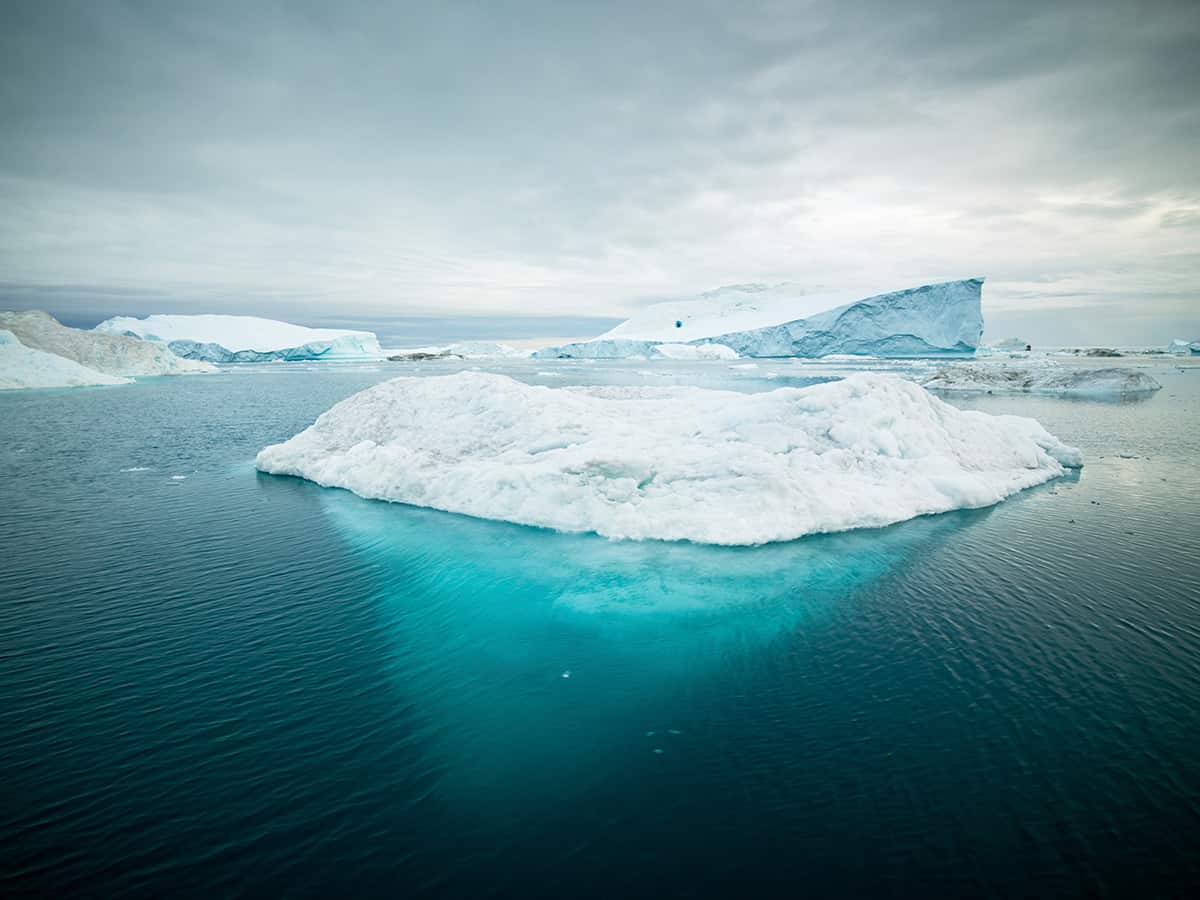IPCC Special Report on 1.5 °C: the reaction
15 Oct 2018 Liz Kalaugher
Monday 8th October saw the release of the long-awaited IPCC Special Report on Global Warming of 1.5 °C. The broadest findings probably weren’t a shock to researchers in this field but there were still surprises.
“Every scientist worth their salt would have told you that stabilising climate at 1.5 °C instead of 2 °C above preindustrial levels would be the right play,” Dann Mitchell of the University of Bristol, UK, told the Science Media Centre. “But the surprisingly thing … is just how many different climate impacts were detected with very high confidence between the two temperature scenarios.” Mitchell cites coral reefs, fisheries and flooding of coastal areas amongst the inevitable repercussions. “All directly impact us living on the planet, perhaps none more so than the clear increase in heat and heatwaves on species mortality, which was detected with high confidence in the special report,” he said. “The report provides a tangible way to avoid these climate consequences; governments now have no excuse to claim ignorance.”
But what about the public? Matters started badly in the UK when, as Leo Hickman pointed out, only two national newspapers – The Guardian and the i – chose to lead with the report on their front pages. Others focused instead on gossip from the Strictly Come Dancing TV show.witter Ads information and privacy
Over in the US, a country that withdrew from the Paris Agreement on climate change in June 2017, Kendra Pierre-Louis of the New York Times tweeted that “I’m listening to the UN’s climate change panel and they’re basically saying, it would take a Herculean effort to stop us from hitting 1.5C. Based on their description the difference between 1.5C and 2C is basically the difference between the Hunger Games and Mad Max.”
That’s a great soundbite as, despite its cheerily psychedelic cover art based on a graph showing how we could change direction to limit global warming to 1.5°C, the contents of this IPCC special report make grim reading. “This isn’t just a science report,” reported Grist. “This is a few hundred of the world’s best scientists screaming (in terrifyingly politely worded specificity) for the world to step up.”
Time for action
According to Piers Forster of the University of Leeds, UK, lead author of chapter two, “the report shows that limiting warming to 1.5 °C is barely feasible and every year we delay the window of feasibility halves.” Forster added that to prevent global warming of more than 1.5 °C, the whole world must halve its emissions in ten years; current policies put us on course for 3 °C of warming. “Nevertheless, if we were to succeed…benefits across society will be huge and the world will be all the richer for it. It’s a battle worth winning.”READ MORE

So how can we win? Forster believes we need to scale up massively transformations on energy that are already underway, whilst transport, buildings and agricultural need to go zero carbon. Corinne Le Quéré of the University of East Anglia, UK, agrees that we need widespread and concerted action across the economy to cut carbon emissions to zero. “For the UK, this means a rapid switch to renewable energy and electric cars, insulating our homes, planting trees, where possible walking/cycling and eating well (more plants/less meat), and developing an industry to capture carbon and store it underground,” she said. “It also means adapting to the growing impacts of climate change that are felt here, particularly to the increasing flood risks from heavy rainfall and from sea level rise along our coasts. The solutions are already here.”
But will we use them in time? According to Eric Holthaus at Grist, the Washington Post’sheadline “The world has just over a decade to get climate change under control” is the wrong way to frame this. “We only have a decade left to finish our initial coordinated retooling of society to tackle this challenge,” he wrote.

Dave Reay of the University of Edinburgh, UK, also believes we may be going about this the wrong way. “The strapline to this whole special report could arguably be that hackneyed advice to lost travellers ‘If you want to get there, I wouldn’t start from here’,” he said to the Science Media Centre. “But here we all are. With each year that rolls by without global emission cuts so our opportunities to avoid dangerous climate change diminish. The IPCC have shown us what could be, the world must now decide what will be.”
With the US government reportedly in stage 5 climate denial – “it’s too late”, Reay’s final sentence is a worry. Especially given that Fox News posted an article on the report under its Doomsday category. But let’s give the last word to Mark Maslin of University College London, who’s more optimistic. “By linking climate change mitigation and adaptation options to the Sustainability Development Goals, we now – for the first time ever – have a blueprint of how to save the planet while improving the well-being of all the predicted 10 billion people on Earth by 2050,” he said. “At the end of this century historians will look back and realize that the IPCC 1.5˚C Special Report was the moment when a new vision for the twenty first century emerged, leading to a safer, sustainable and more equitable world.” Let’s hope Maslin’s right.
15/10/2018 FROM PHYSICSWORLD.COM

Δεν υπάρχουν σχόλια:
Δημοσίευση σχολίου